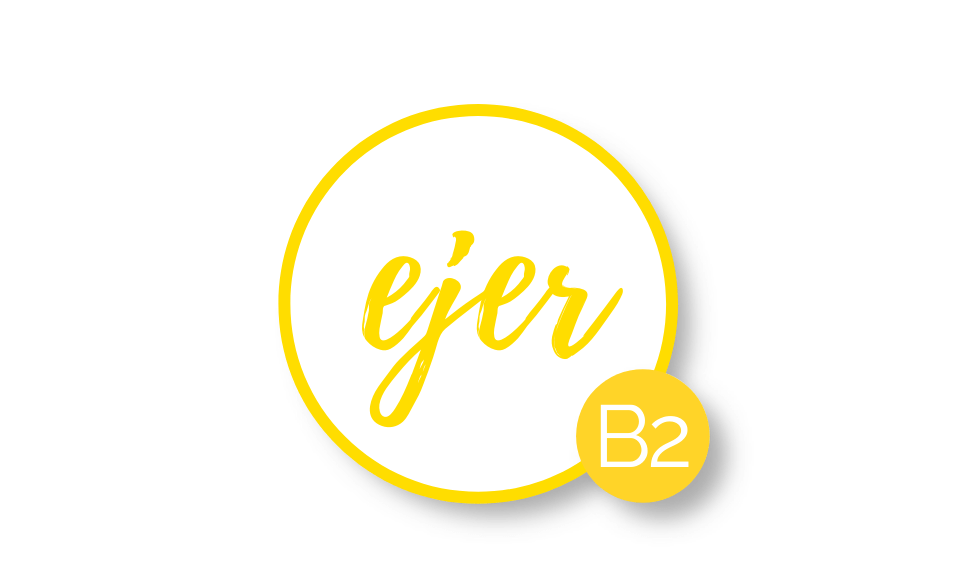En esta lección vamos a ver cómo se dice había, habrá, ha habido... en inglés, es decir, la forma impersonal del verbo haber en español.

En esta forma del verbo haber no hay sujetos —por eso se llama impersonal. En español, simplemente utilizamos el verbo haber y lo conjugamos en el tiempo que queramos expresar, sin que nadie sea el sujeto.
En inglés, se utiliza el verbo to be y se pone un sujeto constante, siempre el mismo, que es there —there is, there was, there would be…
cómo se forma
there to be conjugado
La forma impersonal del verbo haber en inglés es muy sencilla porque siempre se usa there como sujeto y simplemente se conjuga el verbo to be en el tiempo que queramos —presente simple, pasado continuo, futuro perfecto, condicional simple…
Si tienes dificultad para conjugar el verbo to be con there como sujeto, te recomiendo conjugar el verbo to be con he & they —singular y plural— y luego sustituirlos por there.
| Él es | He is |
| Ellos son | They are |
| Él será | He will be |
| Ellos serán | They will be |
Ten en cuenta que el verbo to be solo tiene conjugación en presente y pasado, es decir, solo tiene formas diferentes de singular y plural en presente —is, are— y pasado —was, were.
Para los demás tiempos, se usa el infinitivo —be— o el participio —been— tanto para plural como para singular, luego solo hay una forma.
Recuerda que como el verbo to be es un verbo auxiliar, la interrogativa se hace cambiándose la posición con el sujeto —en este caso, there— y la negativa añadiendo not detrás del to be conjugado.
cómo se usa
La forma impersonal del verbo haber en español solo tiene singular —había un gato, había dos gatos—, aunque en algunos dialectos del español se emplea el plural de forma coloquial.
Sin embargo, en inglés siempre se distingue singular de plural y, además, también se usa el singular con los sustantivos incontables.
| presente | ||
| there is | hay | singular e incontables |
| there are | hay | plural |
| there has been | ha habido | singular e incontables |
| there have been | ha habido | plural |
| pasado | ||
| there was | había / hubo | singular e incontables |
| there were | había / hubo | plural |
| there had been | había habido | singular, plural e incontables |
| futuro | ||
| There will be | habrá | singular, plural e incontables |
| There is going to be | va a haber | singular e incontables |
| There are going to be | va a haber | plural |
| There will have been | habrá | singular, plural e incontables |
| condicional | ||
| There would be | habría | singular, plural e incontables |
| There would have been | habría habido | singular, plural e incontables |
conjugación completa
Vamos a ver una tablas con la conjugación completa de la forma impersonal del verbo haber en inglés.
Ten en cuenta que aunque nada nos impide poner la forma impersonal del verbo haber en tiempos continuos en inglés, suena igual de raro que en español.
Vamos a ver toda la conjugación completa del verbo haber impersonal en inglés con estos ejemplos. El primero es incontable, el segundo es singular y el tercero es plural.
Recuerda que los incontables no son nada sagrado del inglés, ni si quiera su uso es tan frecuente. Simplemente traduce del español porque se hace igual en los dos idiomas 😉.
| There is some milk | Hay algo de leche |
| There is a problem | Hay un problema |
| There are some problems | Hay algunos problemas |
| There was some milk | Había algo de leche |
| There was a problem | Había un problema |
| There were some problems | Había algunos problemas |
| There has been some milk | Ha habido algo de leche |
| There has been a problem | Ha habido un problema |
| There have been some problems | Ha habido problemas |
| There had been some milk | Había habido algo de leche |
| There had been a problem | Había habido un problema |
| There had been some problems | Había habido problemas |
| There will be some milk | Habrá algo de leche |
| There will be a problem | Habrá un problema |
| There will be some problems | Habrá problemas |
| There is going to be some milk | Va a haber algo de leche |
| There is going to be a problem | Va a haber un problema |
| There are going to be some problems | Va a haber problemas |
| There will have been some milk | Habrá habido algo de leche |
| There will have been a problem | Habrá habido |
| There will have been some problems | Habrá habido |
| There would be some milk | Habría algo de leche |
| There would be a problem | Habría un problema |
| There would be some problems | Habría problemas |
| There would have been some milk | Habría habido algo de leche |
| There would have been a problem | Habría habido un problema |
| There would have been some problems | Habría habido |
Al igual que en español, además de hay también se usa en inglés la expresión queda. Para poder decir queda en inglés, basta añadir la palabra left detrás.
| There is some milk left | Queda algo de leche |
| There were some problems left | Quedaban algunos problemas |
| There wasn’t any money left | No quedaba nada de dinero |
con verbos auxiliares
También se puede usar la forma impersonal del verbo haber con los verbos auxiliares para decir cosas como debería haber, tendrá que haber… Simplemente tenemos que seguir la estructura simple o compuesta de los verbos auxiliares.
there auxiliar be |
||
there auxiliar have been |
Como detrás de los verbos auxiliares solo se pone el verbo en infinitivo sin to, en este caso be, solo hay una única forma que se usa para todo —singular, plural e incontables.
| There shouldn’t be any problem | No debería haber ningún problema |
| There shouldn’t have been any problem | No debería haber habido ningún problema |
| There could be a mistake | Podría haber un error |
| There could be some milk left | Podría quedar algo de leche |
| There can be some but I don’t know | Puede que haya algo pero no lo se |
| There can’t have been so many people | No puede haber tanta gente |
| There must be something you can do | Debe haber algo que puedas hacer |
| There must have been something you could do | Debió haber algo que pudiste hacer |
ejercicios
- todos
- traducir

